Blog
when did pickleball start
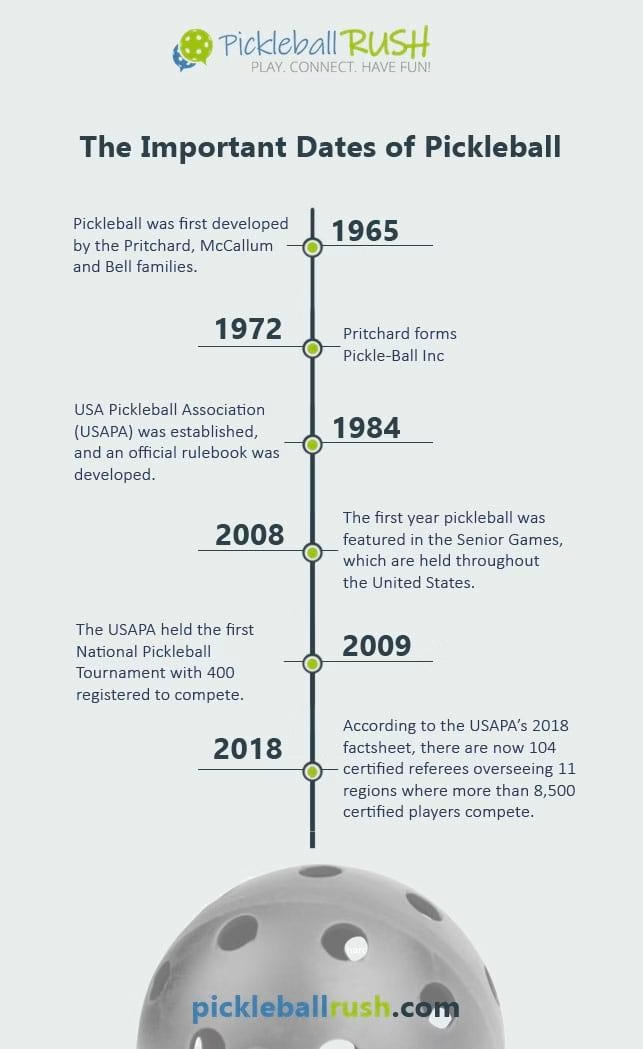
Pickleball: A Game With Humble Beginnings
In the realm of sports, few games can boast a backstory as charming and unpretentious as pickleball. While it may now capture the hearts of millions and fill courts from bustling urban centers to serene suburban neighborhoods, the origins of this rapidly growing pastime reveal a tapestry of creativity, community, and a dash of whimsy. But when did this unique combination of tennis, badminton, and ping-pong first come to life? Join us as we journey back to the summer of 1965, exploring the moment when a simple game invented to entertain children transformed into one of the fastest-growing sports in America. With a blend of playful spirit and competitive flair, pickleball invites players of all ages and skill levels to pick up a paddle and join in the fun.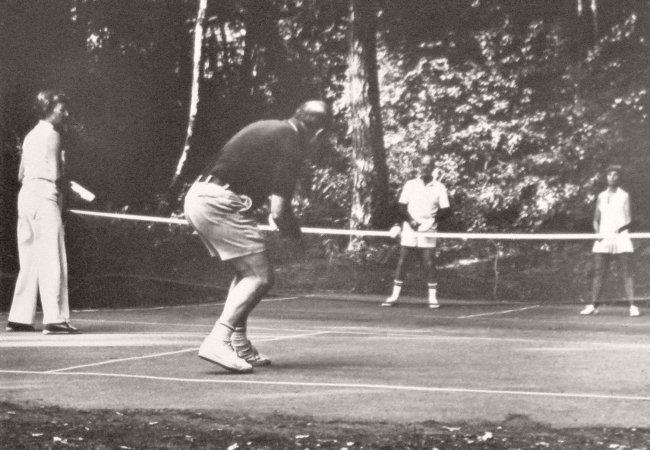
Origins of Pickleball: Tracing the Games Inception and Evolution
The roots of pickleball can be traced back to the summer of 1965 on Bainbridge Island, Washington, when three friends—Joel Pritchard, Bill Bell, and Barney McCallum—sought to create a new game that would entertain their families. With a simple combination of badminton, tennis, and table tennis elements, they fashioned makeshift equipment, using a perforated plastic ball and wooden paddles. As they experimented with rules and gameplay dynamics, word began to spread, and the game quickly garnered attention among neighbors and friends, leading to a burgeoning interest in this delightful new pastime.
As the years passed, the game underwent significant transformation, catalyzing its official emergence as a sport. In 1972, the first known pickleball association was established, laying the groundwork for structured tournaments and standardized rules. The late ’70s and early ’80s saw pickup games evolve into organized competitions, further solidifying its reputation. Today, pickleball boasts an enthusiastic community, with a diverse player demographic, reflecting its versatility and broad appeal.
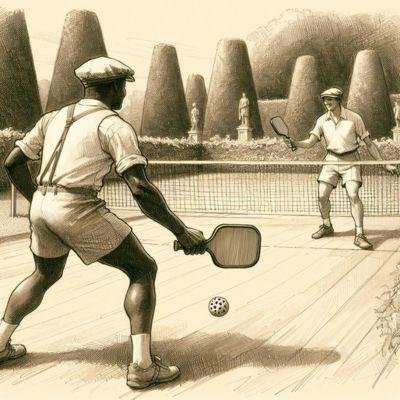
Key Milestones in the Development of Pickleball Over the Decades
The journey of pickleball began in 1965 when it was invented by three fathers—Joel Pritchard, Bill Bell, and Barney McCallum—on Bainbridge Island, Washington. The game was initially designed to entertain their children during a summer afternoon. With a makeshift court and some improvised equipment, they created the foundational elements of what would become a national pastime. By 1967, the first official rules were established, setting the stage for organized play. Over the years, the sport gained traction, with its first official tournament happening in 1976 at the Banana Bowl in Florida, drawing the attention of players and spectators alike.
As the decades passed, pickleball experienced notable growth. In 1984, the USA Pickleball Association (USAPA) was formed to promote the sport and standardize the rules across the nation. The advent of the 21st century saw a telecommunication boom, with explosive growth in recreational centers and schools adopting pickleball as a staple activity. By 2010, pickleball courts began appearing in community parks and facilities, and its popularity surged internationally. The establishment of the International Pickleball Federation in 2013 emphasized its global appeal, paving the way for international tournaments and a formal competitive circuit.
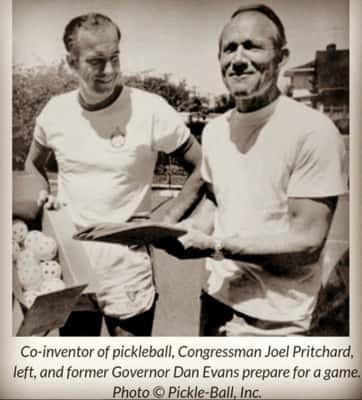
The Rise of Popularity: How Pickleball Became a National Sensation
Emerging in the mid-1960s as a simple backyard game, pickleball has evolved into a dynamic sport enjoyed by millions across the United States. Originally created by three fathers—Joel Pritchard, Bill Bell, and Barney McCallum—who sought to entertain their children, the game quickly gained traction. Its unique blend of elements from tennis, badminton, and table tennis allowed for an engaging and accessible experience. The creation of official rules in 1965 and the founding of the USA Pickleball Association in 2005 were pivotal moments, solidifying its place within organized sports. Today, with its distinctive paddle and wiffle ball, pickleball has not only attracted seasoned athletes but also families and recreational players alike.
The sport’s modernization has significantly contributed to its rising popularity, particularly in the last decade. Factors such as the affordability of equipment, the establishment of local leagues, and the increasing number of dedicated facilities have transformed pickleball into a national sensation. Here are a few key factors that have fueled its growth:
- Community engagement: Local clubs and events foster connection among players.
- Social media presence: Platforms like YouTube and Instagram have popularized pickleball content.
- Celebrity endorsements: Athletes and influencers promoting the sport have drawn attention.
- Accessibility: Players of all ages and skill levels can join in, making it inclusive.
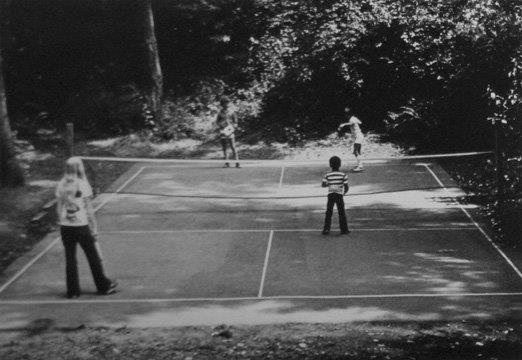
Recommendations for New Players: Getting Started in the World of Pickleball
Entering the vibrant world of pickleball can be thrilling yet overwhelming for new players. To navigate this fun sport effectively, it’s crucial to familiarize yourself with basic strategies and rules. Start by dedicating time to practice your serves and returns; these foundational skills will significantly increase your confidence on the court. Additionally, consider joining a local pickleball community or club, where you can learn from experienced players and engage in friendly matches. This social aspect not only improves your skills but also enhances your enjoyment of the game.
Moreover, equip yourself with the proper gear to make your pickleball experience both enjoyable and comfortable. Invest in a good-quality pickleball paddle that suits your playing style and a pair of athletic shoes with adequate grip and support. Understanding the different types of balls unique to varying court surfaces can also enhance your gameplay. Below is a simple comparison of paddle materials that can help you choose the right one:
| Material | Characteristics | Recommended For |
|---|---|---|
| Wood | Durable, heavy | Beginners |
| Composite | Lightweight, versatile | Casual players |
| Graphite | Ultra-light, excellent control | Competitive players |
Q&A
Q&A: The Origins of Pickleball
Q: When did pickleball officially start?
A: Pickleball officially began in the summer of 1965. It was invented on Bainbridge Island, Washington, by three dads—Joel Pritchard, Bill Bell, and Barney McCallum—who were looking to entertain their children.
Q: What inspired the inventors to create pickleball?
A: The story goes that the trio wanted to create a fun, accessible game for their families. They initially attempted to set up a badminton court but realized they didn’t have the right equipment. So, they improvised by using a Wiffle ball, paddles, and a lowered net, leading to the birth of pickleball.
Q: How did pickleball get its name?
A: The name “pickleball” has an interesting origin. One theory suggests it’s named after Pritchard’s dog, Pickles, who would chase after the ball during games. Another theory proposes that the name stems from “pickle boat,” a term used in rowing referring to the last boat to return with its catch, implying that pickleball, like the sport, originated from combining different influences.
Q: Did pickleball gain immediate popularity?
A: Initially, pickleball grew slowly but steadily. It was mostly played by families and friends, particularly in the Pacific Northwest. Over the years, it spread to schools and community centers, gradually building its following.
Q: How has the game evolved since its inception?
A: From its humble beginnings, pickleball has evolved into a popular sport across the United States and beyond. It now features professional tournaments, organized leagues, and a wide variety of equipment options, accommodating players of all ages and skill levels.
Q: What are the key elements of pickleball’s gameplay?
A: Pickleball combines elements of tennis, badminton, and ping pong. It can be played as singles or doubles on a court that is one-third the size of a tennis court, using solid paddles and a perforated plastic ball, making it fast-paced and engaging.
Q: Why has pickleball seen a surge in popularity in recent years?
A: The game’s simplicity, combined with its social aspect and low-impact nature, has made it particularly attractive to a broad demographic, including seniors and families. The rise of community courts and dedicated pickleball venues has also contributed to its growing popularity.
Q: Where can someone play pickleball today?
A: Pickleball courts can be found in numerous parks, recreation centers, and fitness clubs across many countries. There are also specialized pickleball clubs and even beach courts in some coastal areas where enthusiastic players can gather to enjoy the game.
Q: What’s next for pickleball?
A: As pickleball continues to gain traction, it is likely to see further growth in terms of competitive play, media coverage, and perhaps even inclusion in future Olympic Games. The community around pickleball is constantly expanding, ensuring that its future looks bright.
Wrapping Up
As we wrap up this exploration of pickleball’s origins, it’s fascinating to see how a simple backyard game transformed into a global phenomenon. From its humble beginnings on Bainbridge Island in 1965 to its current status as one of the fastest-growing sports in the world, pickleball has carved out a unique niche in the hearts of players of all ages. Its blend of accessibility, camaraderie, and competition continues to draw enthusiasts to the courts, proving that sometimes the most delightful experiences emerge from spontaneous creativity. As you pick up your paddle and join in the fun, remember that every great sport starts with a story—and pickleball’s tale is just beginning. Whether you’re a seasoned pro or a curious newcomer, there’s always a place for you in this community, where every game tells a story and every match is another chance to connect.












